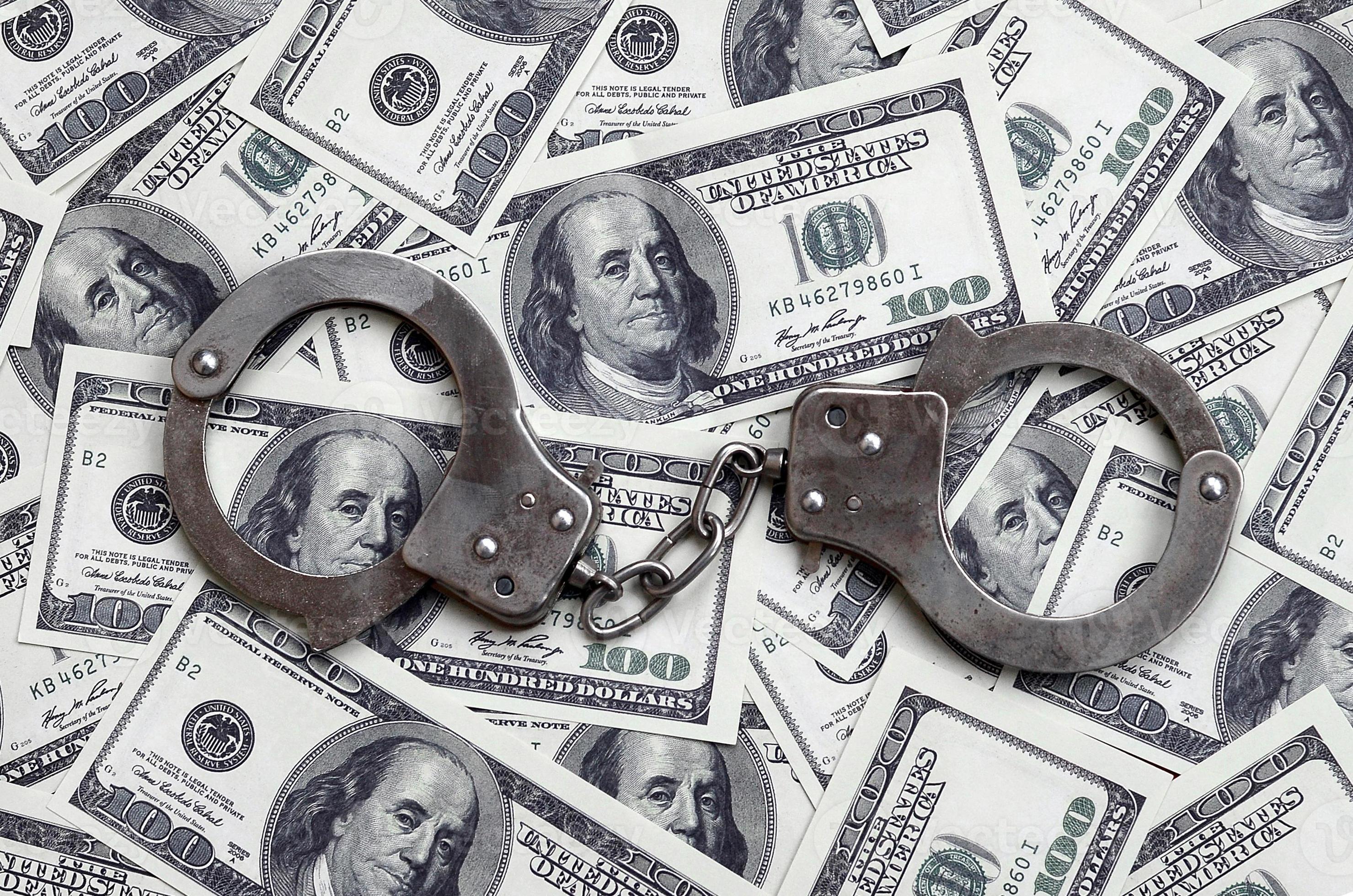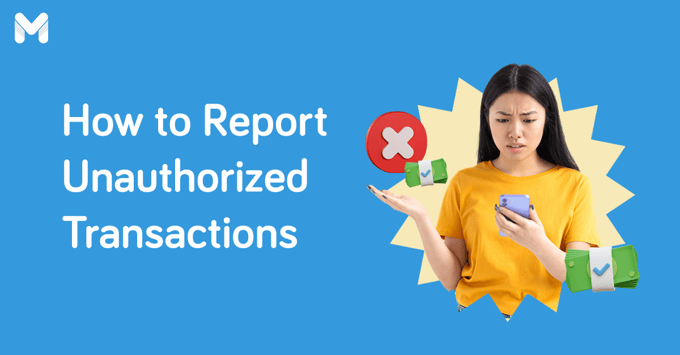What Is Unlawful Transaction With A Minor

The line between youthful indiscretion and criminal exploitation blurs when adults engage in transactions with minors. What appears as a seemingly innocuous exchange can quickly devolve into legal jeopardy, carrying significant ramifications for both parties involved. These unlawful transactions, often veiled in secrecy, erode the protective boundaries society strives to maintain around its most vulnerable members.
This article delves into the complex legal landscape surrounding unlawful transactions with a minor. It examines the various forms these transactions can take, the legal definitions that govern them, the potential consequences for offenders, and the long-term impact on the minor involved. Understanding these nuances is crucial for preventing exploitation and safeguarding children.
Defining Unlawful Transactions: A Multifaceted Offense
The term "unlawful transaction with a minor" encompasses a broad range of activities. It's not simply about illegal sales; it extends to any exchange where an adult leverages a minor's vulnerability for personal gain. State and federal laws address these transactions differently, resulting in a patchwork of legal standards.
Key legal components often revolve around the age of the minor, the nature of the transaction, and the intent of the adult. Some states have specific statutes addressing particular transactions, such as the sale of alcohol or tobacco to individuals under 21, while others rely on broader statutes covering contributing to the delinquency of a minor.
Specific Examples of Unlawful Transactions
Several types of transactions are commonly considered unlawful when they involve a minor. Selling or providing alcohol or tobacco products, purchasing drugs for or with a minor, and engaging in any form of commercial sexual exploitation are clear examples.
Beyond these, less obvious scenarios can also be unlawful. Lending money to a minor at exorbitant interest rates, inducing a minor to gamble, or using a minor for labor in violation of child labor laws can all fall under this umbrella.
The key element is often the power imbalance between the adult and the minor, and the adult's knowing exploitation of that imbalance. This is further compounded when the transaction involves an item or activity deemed harmful or illegal for minors.
The Legal Framework: State and Federal Laws
State laws primarily govern most unlawful transactions with minors. These laws outline specific offenses, define age limits, and set penalties. Each state has its own nuances regarding the types of transactions covered and the severity of punishments.
Federal law also plays a role, particularly when transactions cross state lines or involve federal regulations. For instance, the Adam Walsh Child Protection and Safety Act addresses sex trafficking and related offenses involving minors.
The penalties for engaging in unlawful transactions with a minor vary widely. Misdemeanor charges, carrying fines and short jail sentences, may be applied to less severe offenses. However, more serious offenses, particularly those involving sexual exploitation or trafficking, can result in felony charges with lengthy prison sentences.
Consequences Beyond the Law: Impact on the Minor
While legal consequences are a significant concern, the impact of unlawful transactions on the minor extends far beyond the courtroom. These experiences can have profound and lasting psychological, emotional, and social consequences.
Exploitation can lead to trauma, depression, anxiety, and substance abuse. Minors may also experience difficulties forming healthy relationships and struggle with self-esteem and trust.
Socially, involvement in unlawful transactions can lead to stigmatization and isolation. It can disrupt their education, limit future opportunities, and increase the risk of further victimization.
Prevention and Intervention: Protecting Vulnerable Youth
Preventing unlawful transactions with minors requires a multi-faceted approach. Education is paramount, especially for young people, about the dangers of exploitation and the resources available to them.
Parents, educators, and community leaders must be vigilant in identifying and reporting potential cases of exploitation. Early intervention is crucial to minimizing the harm to the minor involved.
Law enforcement agencies also play a critical role in investigating and prosecuting offenders. Stronger laws and increased awareness are essential to deterring these crimes and protecting vulnerable youth.
The Future of Protecting Minors: Adapting to Evolving Threats
The landscape of unlawful transactions is constantly evolving, particularly with the rise of the internet and social media. Online platforms can facilitate exploitation in new and insidious ways.
Law enforcement and policymakers must adapt to these evolving threats by updating laws and developing new strategies to combat online exploitation. Collaboration between law enforcement, technology companies, and child advocacy organizations is crucial.
Continued vigilance and a commitment to protecting minors are essential. By raising awareness, strengthening laws, and providing support to victims, society can work towards creating a safer environment for all young people.


















